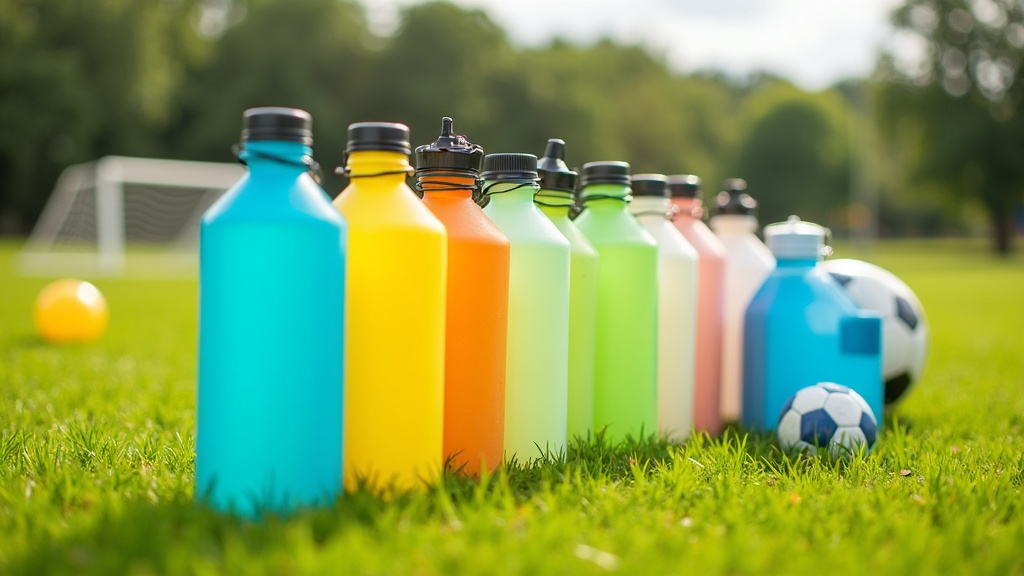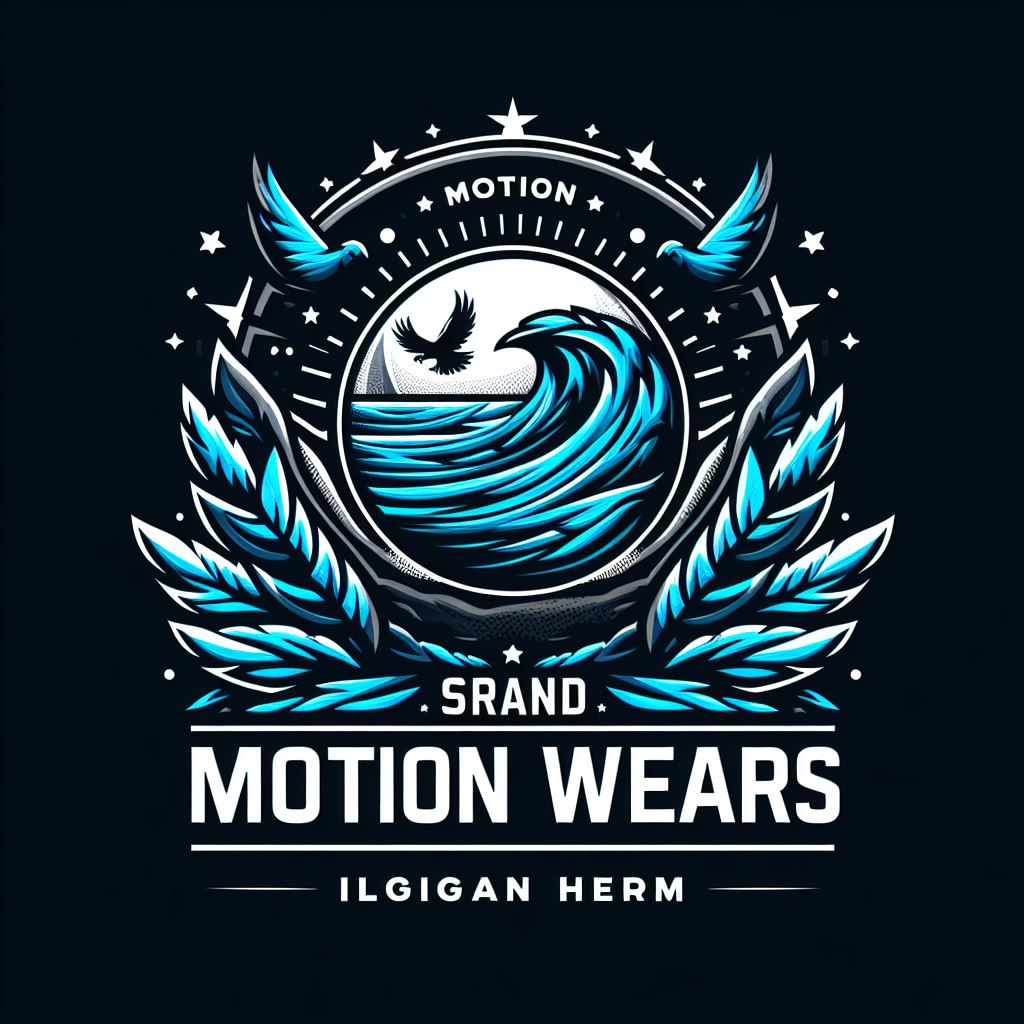Hydration is one of those things in soccer that can slip under the radar, but it seriously influences how you feel and perform out on the field. Whether you’re playing competitively, coaching, or just looking to keep up your energy during pickup games, how you hydrate can make a real difference. I’ll break down some of the best hydration strategies for soccer and offer practical steps, facts, and insights from my own experience seeing how proper hydration affects players of all skill levels.

Why Good Hydration Matters in Soccer
Soccer is a fast paced, stop and go sport. It pushes your body with lots of running, quick changes of direction, and bursts of speed. Sweating is a big part of the game, especially during intense matches or training on hot days. Losing fluids can leave you exhausted, slow your reactions, and even make injuries more likely. Staying on top of hydration helps your muscles recover, keeps you mentally sharp, and gives your performance a boost.
A 2% loss in body weight from sweating can start to mess with your focus, coordination, and power output. That may not sound like much—just 1.5 liters (around 50 ounces) for someone weighing 75 kg (165 lbs), but it really adds up, especially if you’re playing hard for 90 minutes. That’s why I always tell players to make hydration part of their game plan, not just an afterthought.
Getting the Basics Right: Fluid Intake Before, During, and After Games
Hydration isn’t just about chugging water at the last minute. The timing makes a huge impact. Here’s what works best for most soccer players:
- Before the game: Start drinking water several hours beforehand. Aim for about 500ml (about 17 ounces) in the two hours before kickoff. This primes your system without leaving you feeling heavy.
- During the game: Sip water whenever you can, during warmups, team talks, and halftime. If the game is long, intense, or played in the heat, grab a drink every 1520 minutes if you can sneak it in. Sports drinks can help too (more on those in a minute).
- After the game: Rehydrate as soon as possible. Most players feel thirsty after a match, but it’s easy to underestimate how much you’ve lost. An easy check: if your pee is pale yellow, you’re probably on track. If it’s dark, you need to drink more.
- https://motionwears.com/wp-content/uploads/2025/08/wealthy_affiliate_going_up_optimized.jpg
Hydration Myths and What Actually Works
There’s a fair bit of confusion around what kinds of drinks are best for soccer. Here’s the scoop based on science and what I’ve seen on the field:
- Water: For light training or cool weather, water is usually enough to meet your needs. It’s easy to carry, refreshing, and does the basic job.
- Sports drinks: For tough sessions or match days in hot, humid weather, a drink with some electrolytes (like sodium and potassium) and a bit of sugar can come in handy. These drinks replace what you’re losing in sweat faster than water alone. Look for options with 68% carbohydrate for the right mix of energy and absorption.
- Energy drinks: Skip them. They often have way too much caffeine and not enough real hydration benefits. They can leave you jittery or lead to dehydration.
- Drinking until you’re thirsty is enough: Not always. Thirst can lag behind your real hydration needs. It’s better to stay a step ahead, especially if the weather is hot or you’re playing for over an hour.
Practical Steps to Build Your Hydration Routine
Turning good advice into daily habits is what really makes a difference. Here are a few steps that can help lock in better hydration whether you’re playing, coaching, or supporting someone who plays:
- Show up hydrated: Make a habit of drinking steadily throughout the day, not just pounding fluids before games. Carry a refillable bottle everywhere. I often set calendar reminders; sounds basic, but it keeps me on track.
- Bring your own drinks: Don’t depend on water fountains or what your team might bring. Having the right bottle nearby during sessions is pretty handy, especially at away games.
- Weigh yourself: If you’re training hard, check your weight before and after practice or matches to see how much you’ve lost. Each kilo down means you’ve lost about a liter. Replace that amount to stay level.
- Keep an eye on pee color: It’s not glamorous, but it works. The goal is pale yellow; if it’s darker, top up with water and maybe a snack with some salt to help your body hold onto fluids.
- Practice drinking during breaks: Use halftime or other breaks for a quick sip. Even small amounts at a time help more than you’d think.
What About Hydration for Young Players?
Younger soccer players have a harder time noticing when they’re getting dehydrated or overheated. Their bodies aren’t as good at cooling off, so staying on top of drinks is super important for them. Coaches and parents should encourage water breaks every 1520 minutes in practices and games, especially during summer and tournaments.
If you’re coaching, make it a routine where kids know to take water breaks together. Encouraging them not to skip these breaks just because they’re excited or distracted can set up healthy habits for life.
Managing Electrolytes and Recovery
Soccer sweat isn’t just water—it’s packed with electrolytes like sodium, potassium, and magnesium. If you’re doing long games, training multiple times a day or sweating heavily, just drinking plain water might not be enough. This is where adding a sports drink or having a salty snack (like pretzels or a sandwich) after matches can really help recovery.
For most players, a balanced diet with fruits, veggies, and a little salt covers your bases. If you’re playing in extreme heat or sweat a lot, adding electrolyte tablets or powders is worth asking a coach, sports dietitian, or doctor about to make sure you’re getting what you need. Kids and teens, especially, should get advice from adults before making changes to their drinks or snacks, just to stay safe.
Common Hydration Challenges for Soccer Players
Everyone’s been there; a tournament day where matches run backtoback, or a hot, humid afternoon when you feel like you just can’t drink enough. Here are some typical challenges I’ve seen in myself and my teammates, plus ways to handle them:
- Forgetting to drink before the game: Busy schedules and nerves can make you skip hydration early. Sticking to a regular routine helps a lot.
- Not getting enough breaks: Competitive matches might not have many breaks, but sneaking a few sips during stoppages or at halftime makes a big difference.
- Reluctance to drink because of stomach issues: Try room temperature fluids, or stick to sips instead of gulps if you worry about a sloshy stomach.
- Traveling to games: Pack extra water bottles or sports drinks so you’re not searching for water or vending machines while on the go.
Dehydration Warning Signs
Knowing when you’re falling behind on fluids is important, both for safety and performance. Watch for:
- Feeling unusually tired or crampy
- Dizziness or lightheadedness
- Headache
- Unusually dark urine
- Struggling to focus or make quick decisions
I always remind teammates not to tough it out if these pop up. Take a break, hydrate, and let your coach know if you feel off.
Hydration for Different Weather Conditions
Playing in the heat is the classic time when hydration matters, but cold weather can surprise you, too. You still lose fluids, but you may not feel as thirsty. In cold weather, warm drinks like diluted sports drinks or tea (without too much sugar) help you stay hydrated and cozy at the same time.
Humidity adds another level of challenge. You sweat more, but it doesn’t always evaporate, so you may get hotter faster. Increase your drink intake on sticky days, and don’t be shy about taking more breaks, even if it slows things down for a minute.
Frequently Asked Questions
Here are some questions I get asked the most about soccer hydration:
Question: How much should I drink before a big match?
Answer: Sip 400600ml (about 1320 ounces) in the two hours before kickoff. Don’t rely on chugging right before you hit the field; a steady, spread out approach works better.
Question: Can you drink too much water?
Answer: It’s possible, but not common unless you’re drinking loads without replacing lost salt. If you notice headaches, nausea, or feel just a bit “off,” consider adding some electrolytes or a salty snack to your fluids, especially after long or sweaty sessions.
Question: What are some good snacks for hydration after the game?
Answer: Oranges, bananas, pretzels, or even a peanut butter sandwich work great. They give your body carbs to refuel and some salt and potassium to balance out fluids again.
Final Thoughts
Getting your hydration strategy right is one of those things that can quietly transform how you feel and play in soccer. Building good habits, paying attention to your body, and making it easy to get fluids before, during, and after matches goes a long way. Hydration isn’t flashy, but it’s one of the keys to lasting energy, faster recovery, and stronger performance on the field.
Stay hydrated, and enjoy every match. Your body and your game will thank you.
